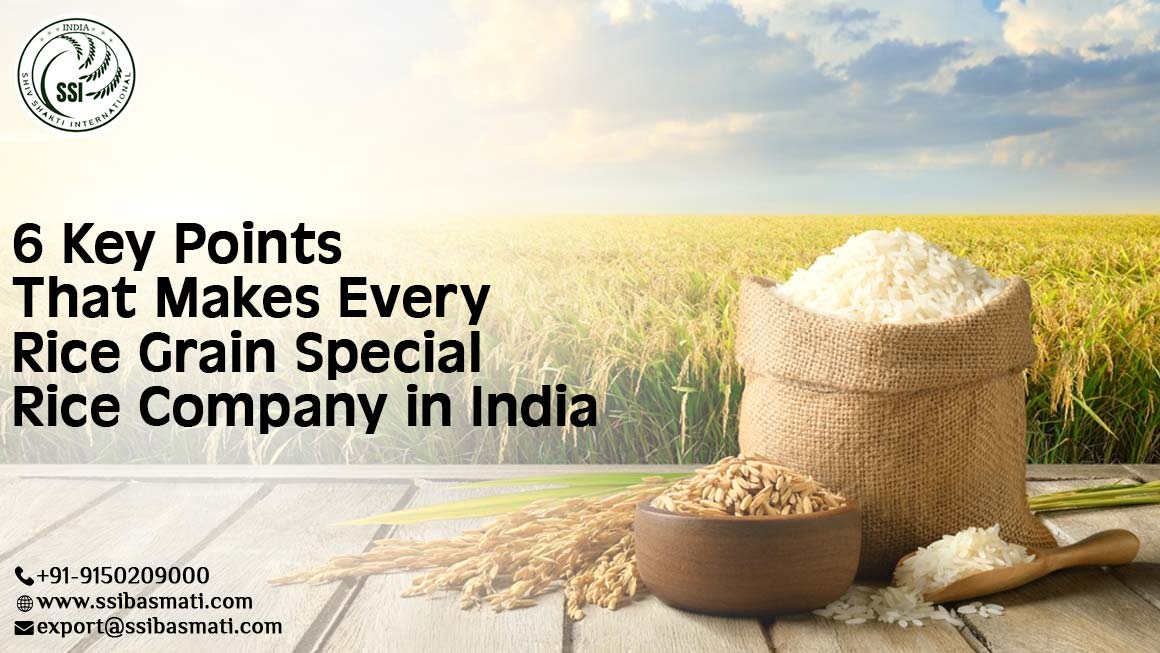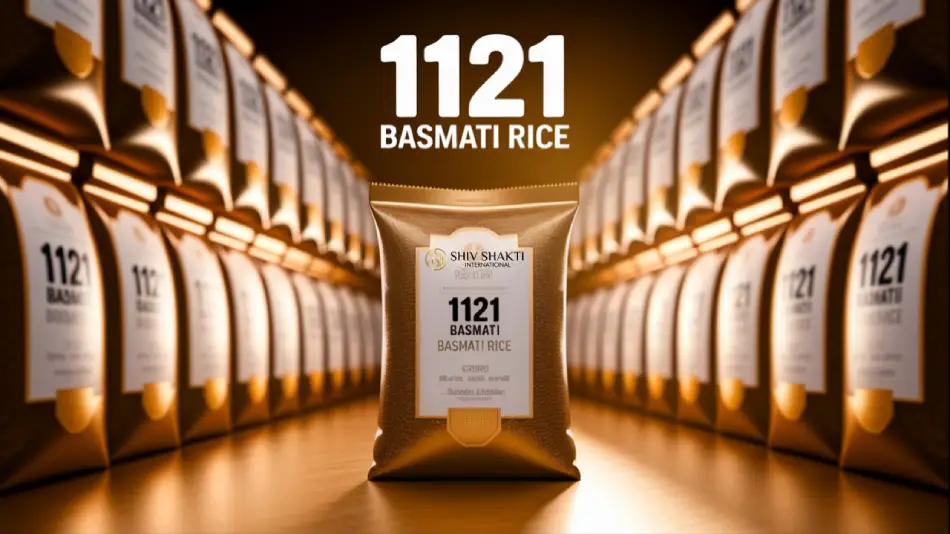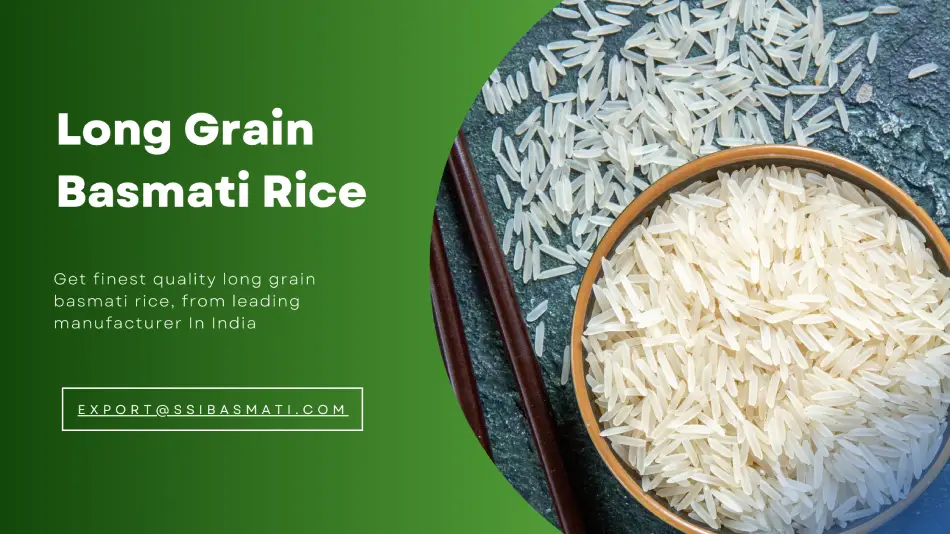
Rice Company in India:- More than half of the global population relies on rice as a primary food source. This fact highlights the significant impact and widespread consumption of rice across various cultures and regions.
Rice is an excellent provider of carbohydrates, which serve as the primary fuel source for the human body, ensuring sustained energy levels and optimal performance. While rice may seem like a simple and common ingredient, each grain has its own unique qualities that make it special. In this blog, we will explore the characteristics that set different types of rice apart and make them stand out in their own right.
Varieties of Rice
Rice comes in a wide range of varieties, each with its own distinct characteristics. There are a variety of rice types that people absolutely love!
� Long-Grain Rice
Long-grain rice, such as Basmati and 1121Basmati rice, is known for its slender shape and elongated grains. It has a fluffy and separate texture when cooked, making it perfect for dishes like pilaf, biryani, and fried rice.
� Medium-Grain Rice
Medium-grain rice, like Round Non basmati rice and Sona Masuri rice, has a shorter and plumper grain compared to long-grain rice. It has a slightly sticky texture when cooked, which makes it ideal for dishes like risotto and sushi.
� Short-Grain Rice
Short grain rice is known for its round and squat shape. It is stickier in texture than other types of rice, making it suitable for dishes that require the rice to hold together, like sushi rolls and rice balls.
Nutritional Value
Rice is not only a filling and satisfying food but also provides essential nutrients. It provides the body with carbohydrates, which are essential for energy. Additionally, rice contains several important vitamins and minerals, including B vitamins, iron, and magnesium.
Cultural Significance
Rice holds significant cultural importance in many societies around the world. It plays a central role in ceremonies, celebrations, and traditional dishes. For example, rice is a symbol of fertility and prosperity in some Asian cultures, often being thrown during weddings or used as an offering to deities.
Culinary Versatility
Rice is incredibly versatile in the kitchen, making it suitable for a wide range of recipes. It can be enjoyed as a side dish, used in main courses, or even incorporated into desserts. From savory stir-fries to creamy rice puddings, the possibilities are endless when it comes to cooking with rice.
Global Impact
Rice is not only important on an individual and cultural level but also has a significant impact on a global scale. It is a major crop in many countries, providing employment and income for millions of farmers worldwide. Additionally, rice cultivation has an environmental impact as it requires specific conditions such as water availability and suitable soil.
Culinary Preferences
Different types of rice are preferred in various cuisines due to their unique characteristics. For instance, Basmati rice is highly regarded in Indian and Middle Eastern cuisines for its fragrance and long grains, while sushi rice is a staple in Japanese cuisine for its stickiness and ability to hold together.
In conclusion, rice plays a significant role across cultural, nutritional, and culinary domains. Its wide range of varieties, nutritional value, and cultural significance establish it as an indispensable global crop. The distinct attributes of each grain - be it the aromatic Basmati or the adhesive sushi rice - contribute to its uniqueness. Embrace these qualities while savoring your rice-based meals and acknowledge their exceptional nature. For high-quality Basmati rice, visit Shiv Shakti International, top Rice Company in India.






